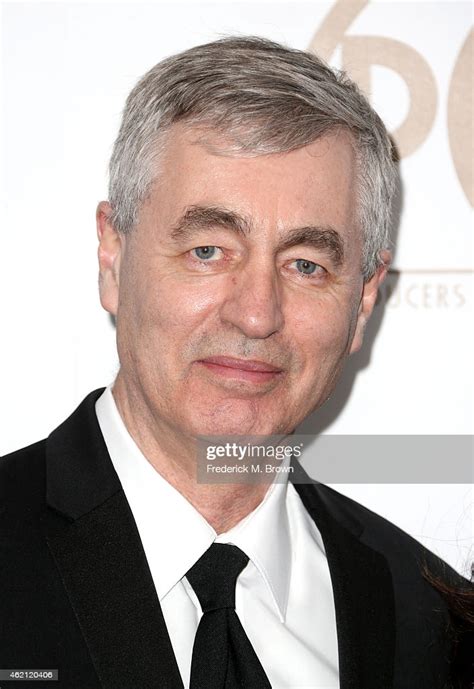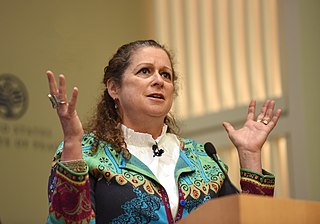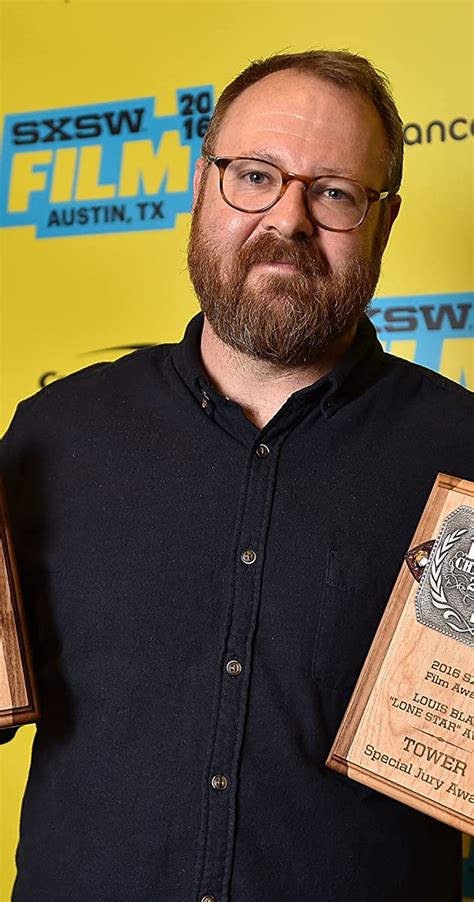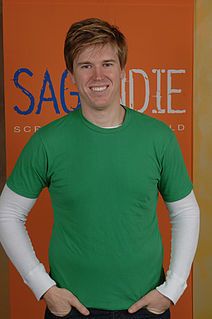A Quote by Steve James
You kind of form a bond with your subjects, in a way. You're in it together. To a degree that people don't realize, documentary films - or at least the kind of documentary films I'm interested in - are a collaborative undertaking with the subjects.
Related Quotes
There is a documentary element in my films, a very strong documentary element, but by documentary element, I mean an element that's out of control, that's not controlled by me. And that element is the words, the language that people use, what they say in an interview. They're not written, not rehearsed. It's spontaneous, extemporaneous material. People
It's difficult to make movies. For me it was easier, as a refugee in Switzerland, to make documentary films, because I didn't need a lot of money for it. The way I tell my story or my opinion would be very similar in both fiction and documentary forms. But I found I could speak more effectively to convey this brutal reality through documentary than I could through fiction.
There's a real difference between a documentary that was all about facts and history and information. People just don't get as engaged in that kind of documentary - they don't fall in love, they don't cry, they don't forget who they are, they don't ride with you. As we realized we had richer, vérité kind of people, what we wanted to do is focus in on the vérité story.






































